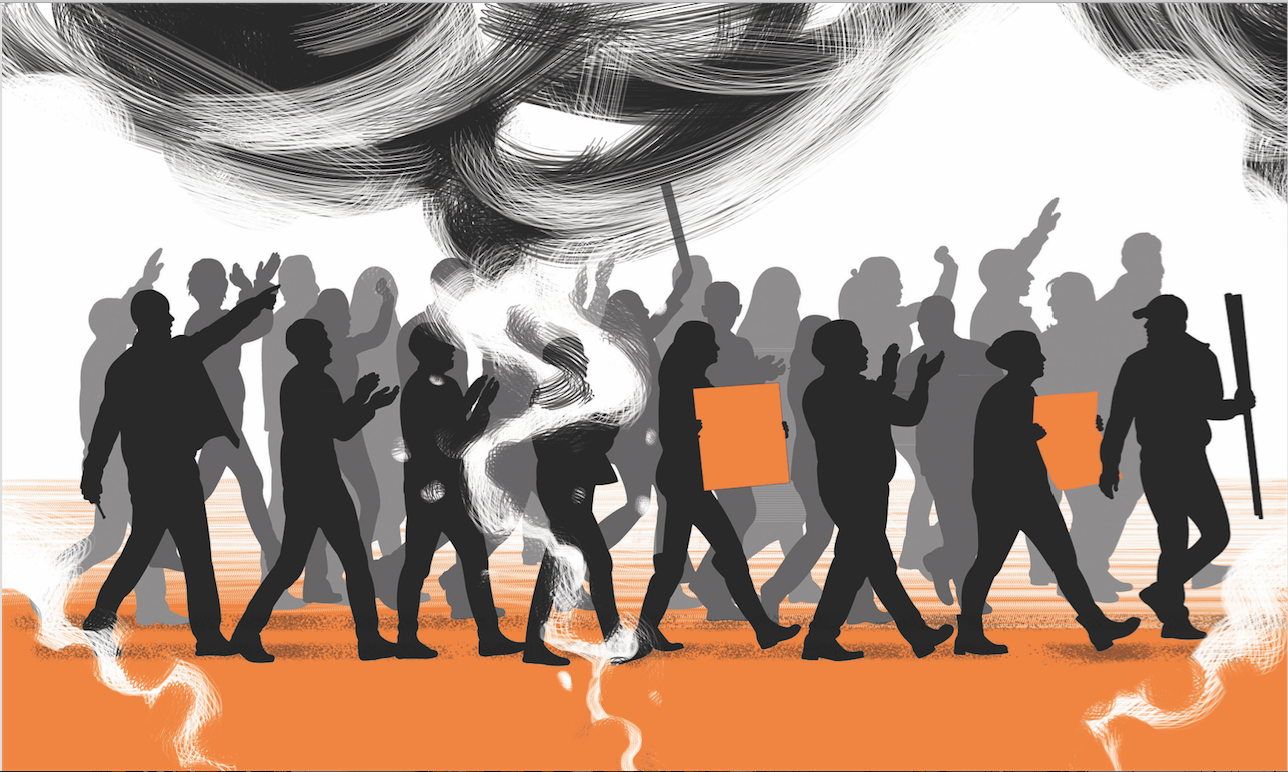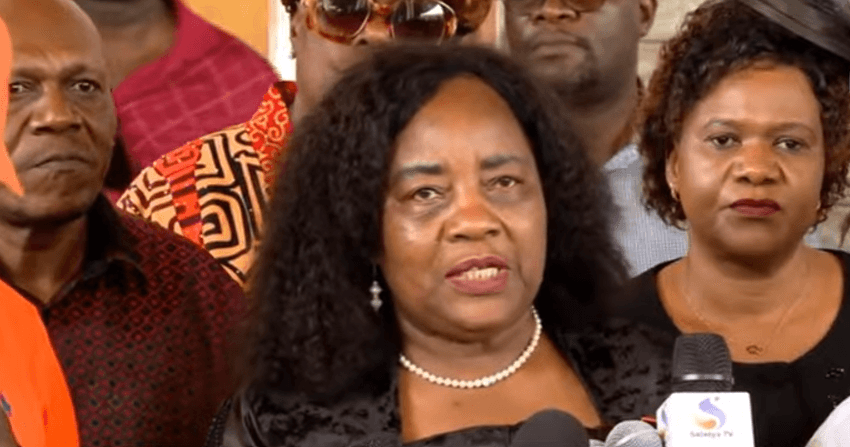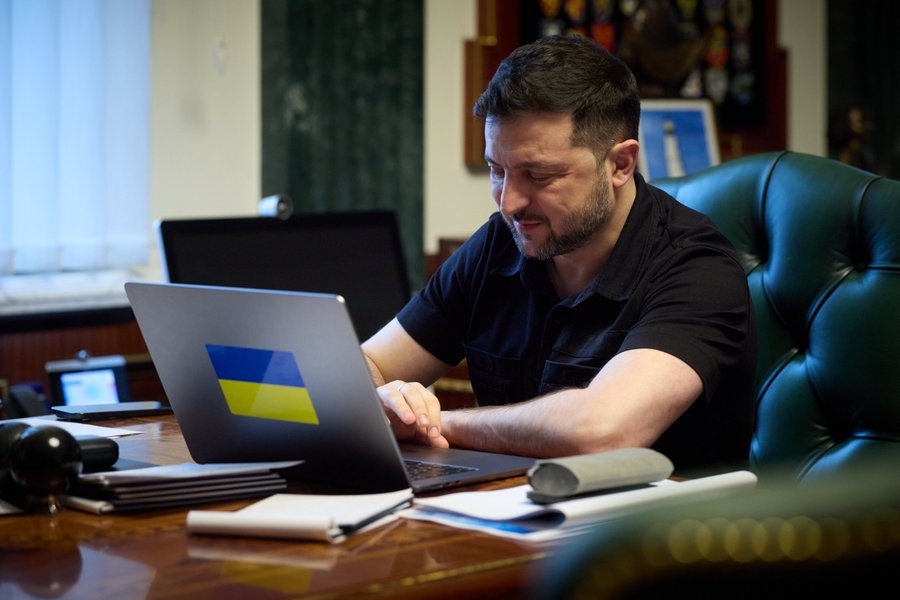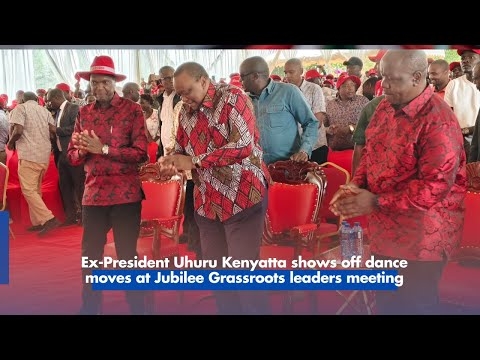

Don’t be fooled that there was an election in Tanzania on October 29 this year.
What unfolded was a state-engineered massacre that, by the time the guns fall silent, could surpass the bloodshed Kenya witnessed in 2007–08 after a disputed poll.
Opposition party Chadema says security forces killed at least 700 people during and after the sham administrative process that the Independent National Election Commission of Tanzania dared to call an “election”. Other sources estimate as many as 2,000 deaths in just three days, and more continue to die under deadly, brutal police fire.
Survivors and citizen journalists have shared horrific images: bodies piled on each other, others strewn across streets, business establishments and homes. Many of the victims have head or chest wounds to suggest targeted executions consistent with systematic state violence.
This violation followed a premeditated script and a security playbook that blocked competition, turning the race into a contest between Samia and Suluhu. First, block the opposition. Then, line up security forces to take out opponents. Shut down the internet to hide crimes against humanity. Impose dusk-to-dawn curfews to clean up the scene or commit further atrocities under the cover of darkness. Finally, ease restrictions after the coronation. Every step was executed deliberately.
Indeed, events in Tanzania mirrored this plan in real time. Chadema’s Tundu Lissu was locked up on frivolous charges. Shortly after noon on October 29, the internet went dark as thousands of brave Tanzanians took to the streets to reject Samia Suluhu and demand electoral reforms.
A dusk-to-dawn curfew was immediately imposed. And in record time, INEC claimed to have counted over 30 million votes in three days – something Kenya has failed to achieve even with advancements in technology – before announcing that Suluhu had garnered 97.6 per cent of the vote.
However, the horrors Suluhu and her cabal hoped to bury began to surface. Despite the blackout, courageous Tanzanians found ways to share evidence of the massacre. The forensic patterns, including chest shots, head shots and execution lines, indicate intent to kill, not disperse.
But these atrocities have not broken the spirit of Tanzanians. They continue to jam the streets, insisting that Suluhu must go, and she must go now. You cannot slaughter citizens and claim to lead them. Power seized through massacre is not legitimate power.
This unprecedented resistance terrified Suluhu to the point that she chose to stage her coronation at a military barracks, behind fortified walls, guarded by guns, bullets and tanks. She fears the people because her authority rests on force, not consent. Her power is no greater than the people’s power, and she knows it. She is shaken.
We cannot allow Suluhu to succeed and walk out of this massacre as though nothing happened. Tanzanians are collecting documented evidence that will enable them to bring charges of crimes against humanity. Kenyans are assisting by reporting and documenting abuses. These violations fall under national, regional and international legal mechanisms, including obligations under the Rome Statute.
Suluhu lacks any legitimacy to lead Tanzania. Her selfish pursuit of power has stained the country with innocent blood. Since there was no free, fair, transparent, or credible election, and she has shown a willingness to kill to remain in office, she must now step down immediately as President of Tanzania.
Without her involvement, there must be a proper, legitimate, free, fair, transparent, and democratic election with full participation of all opposition parties and candidates. This new poll must be held for all seats and reflect the sovereign will of the people under open and credible monitoring and observation.
Additionally, Suluhu and the Tanzanian regime must cooperate fully with national, regional and international justice systems that will hold her accountable for the massacre she presided over in Tanzania. Nothing less will suffice.
Program Manager for Political Accountability in State Institutions at the Kenya Human Rights Commission
















